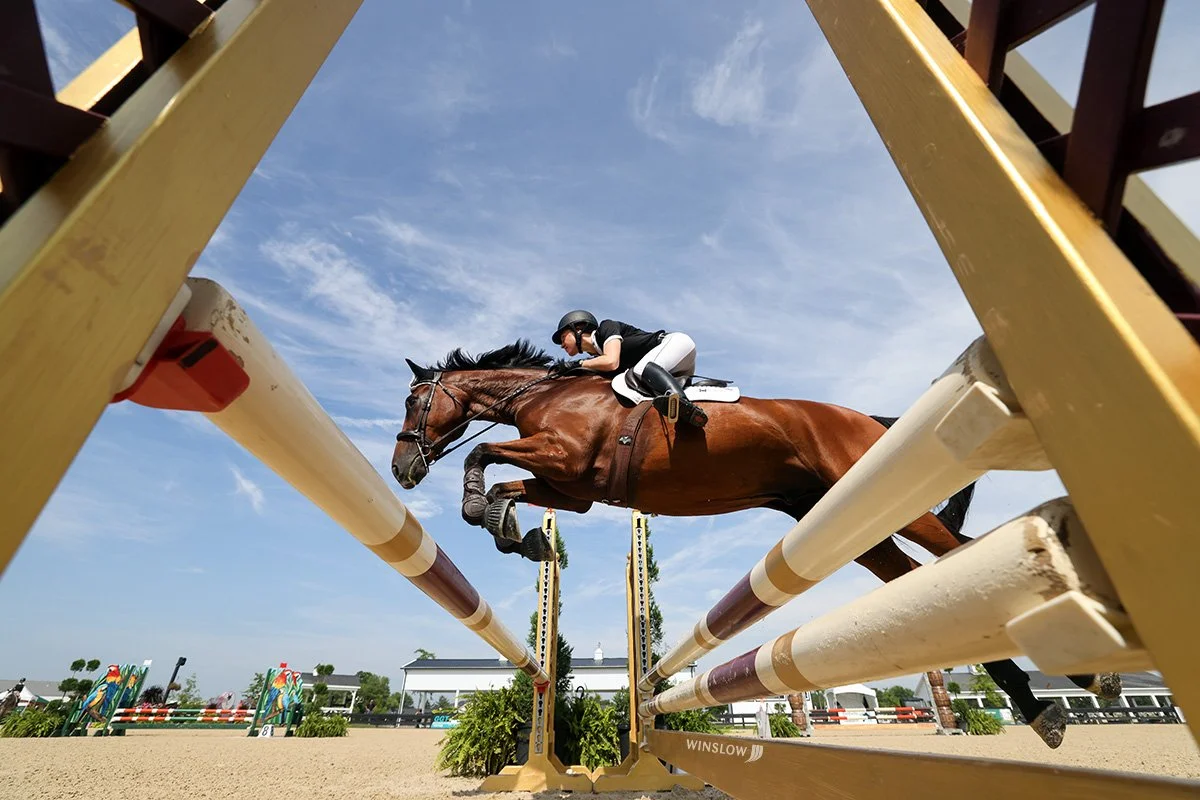


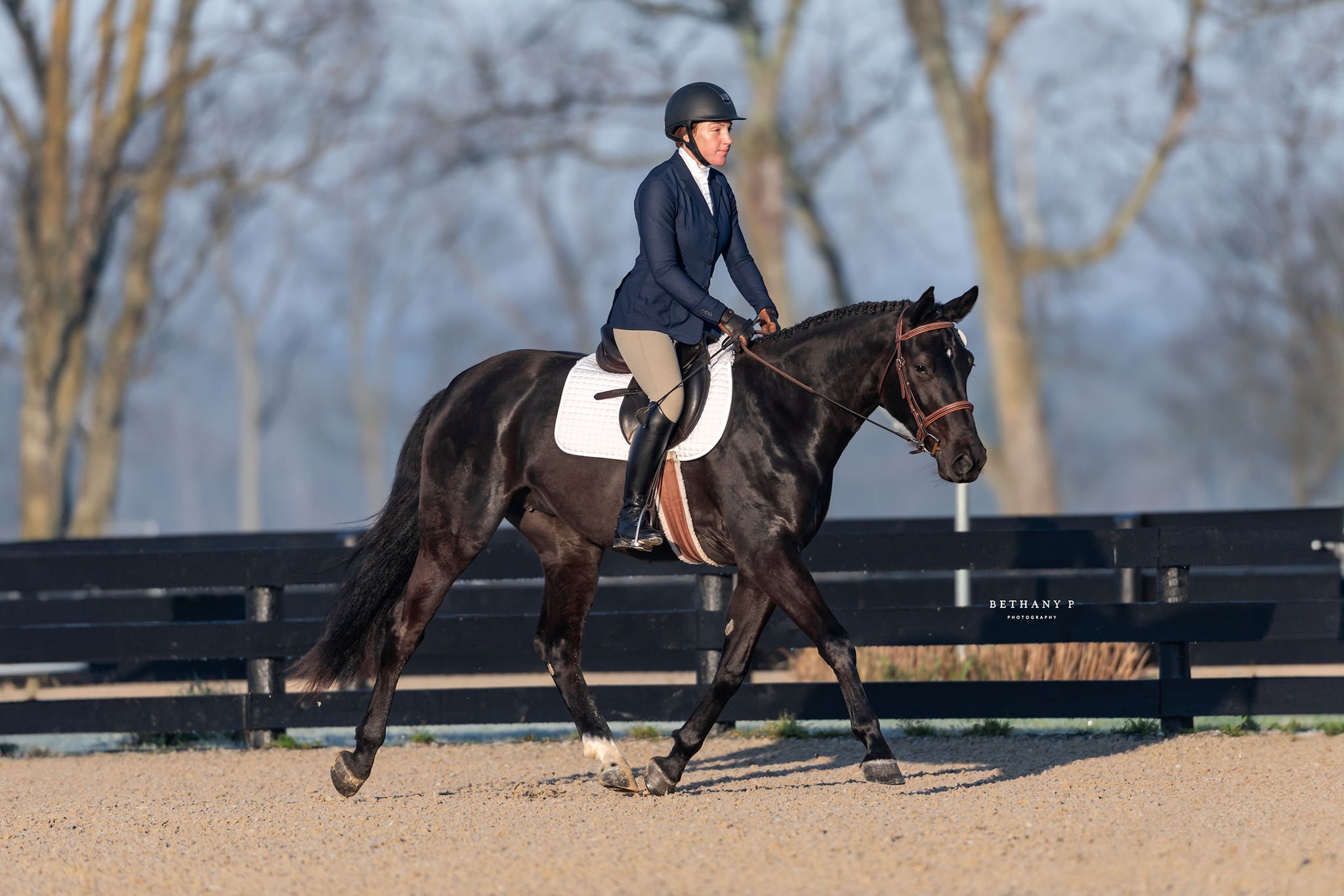
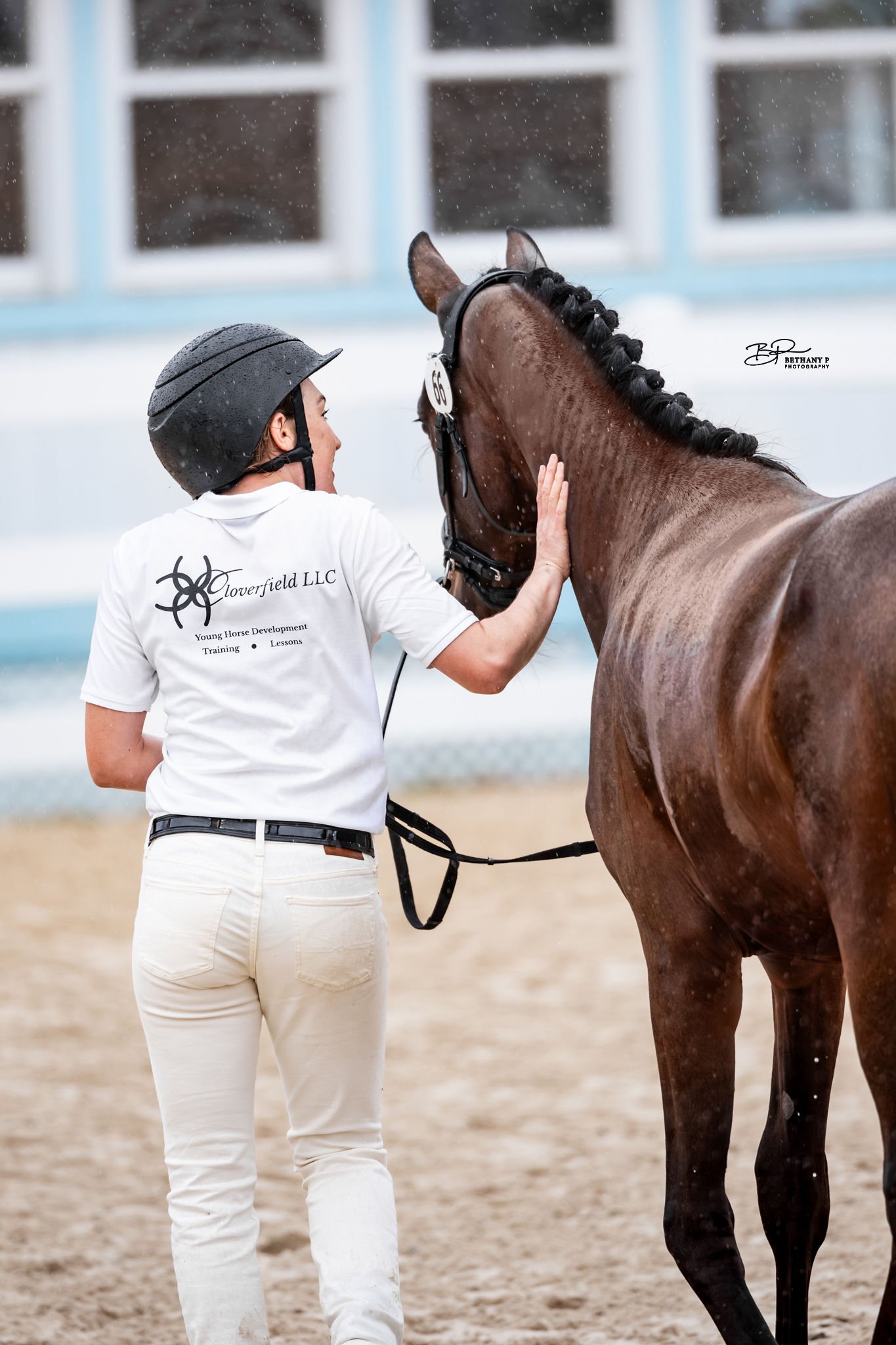
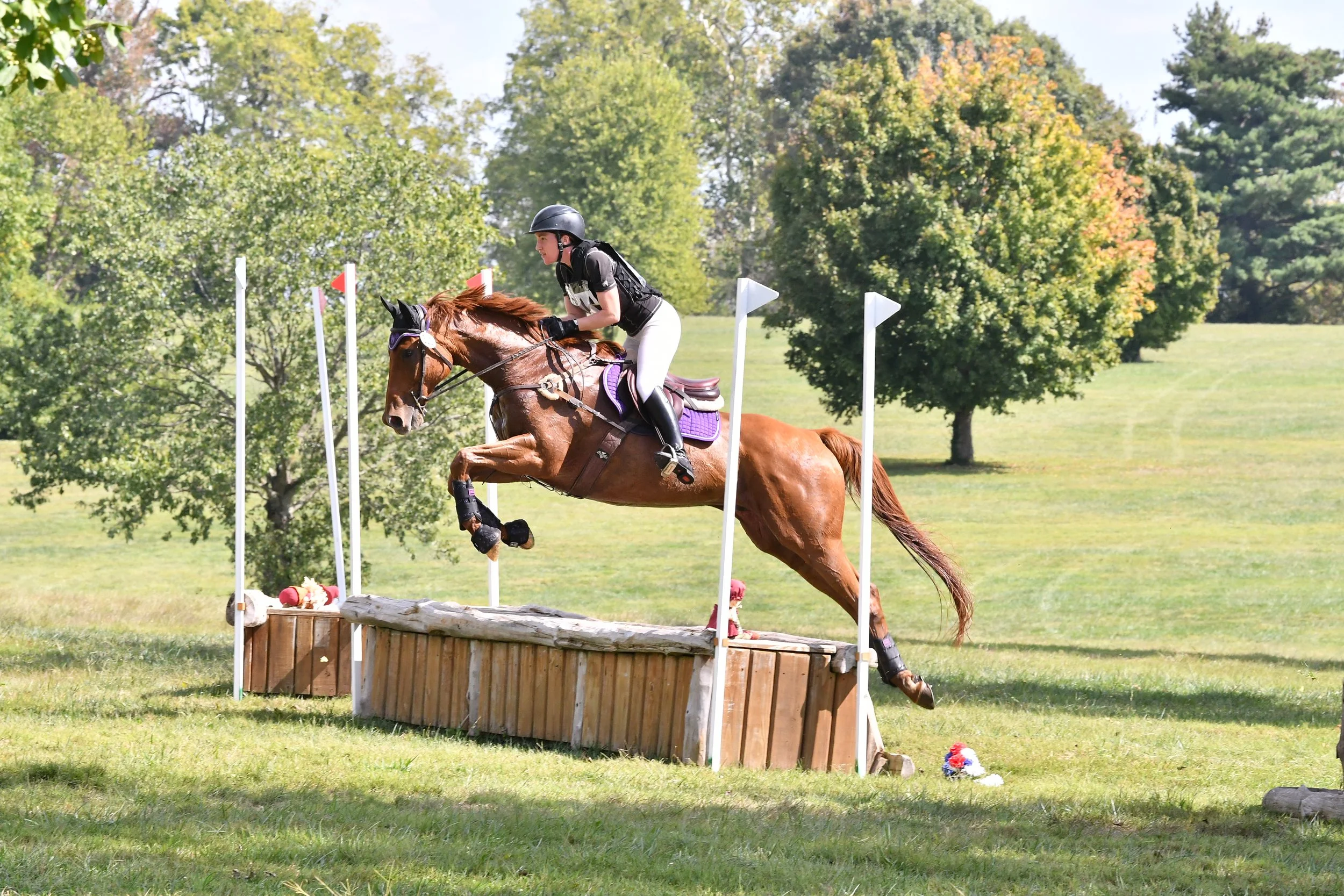
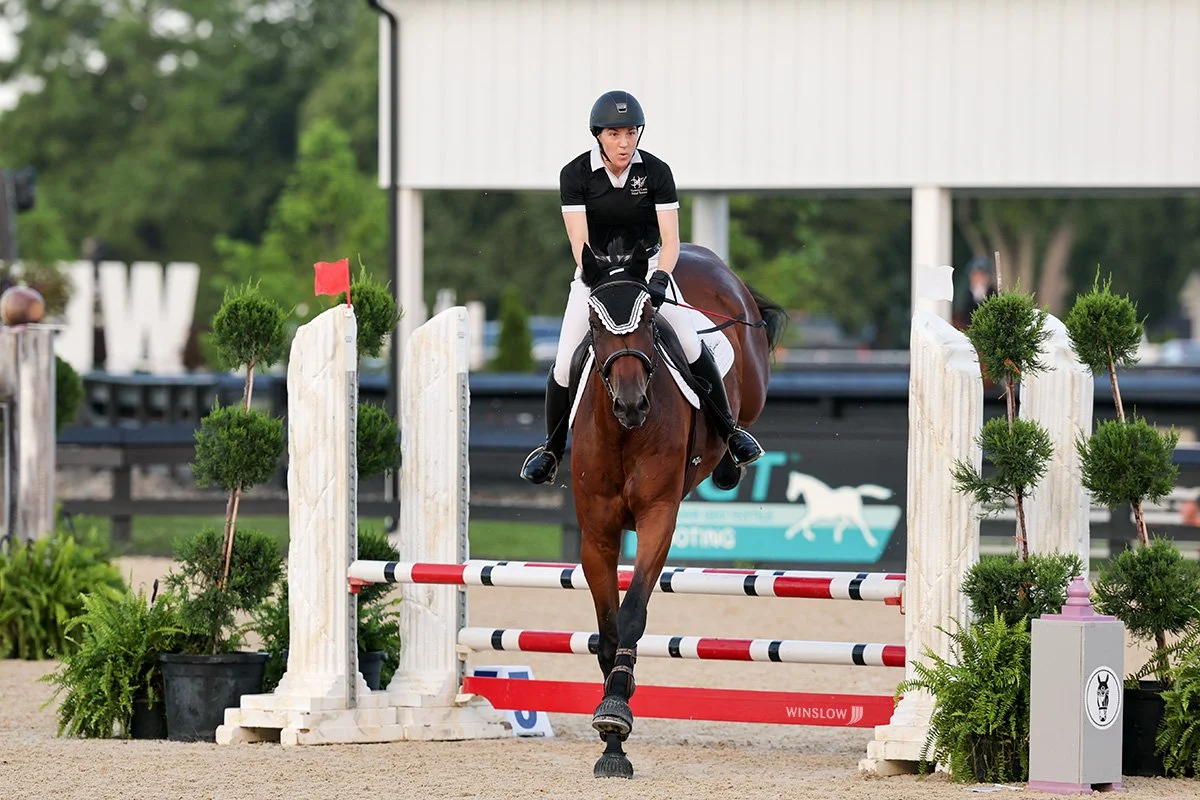

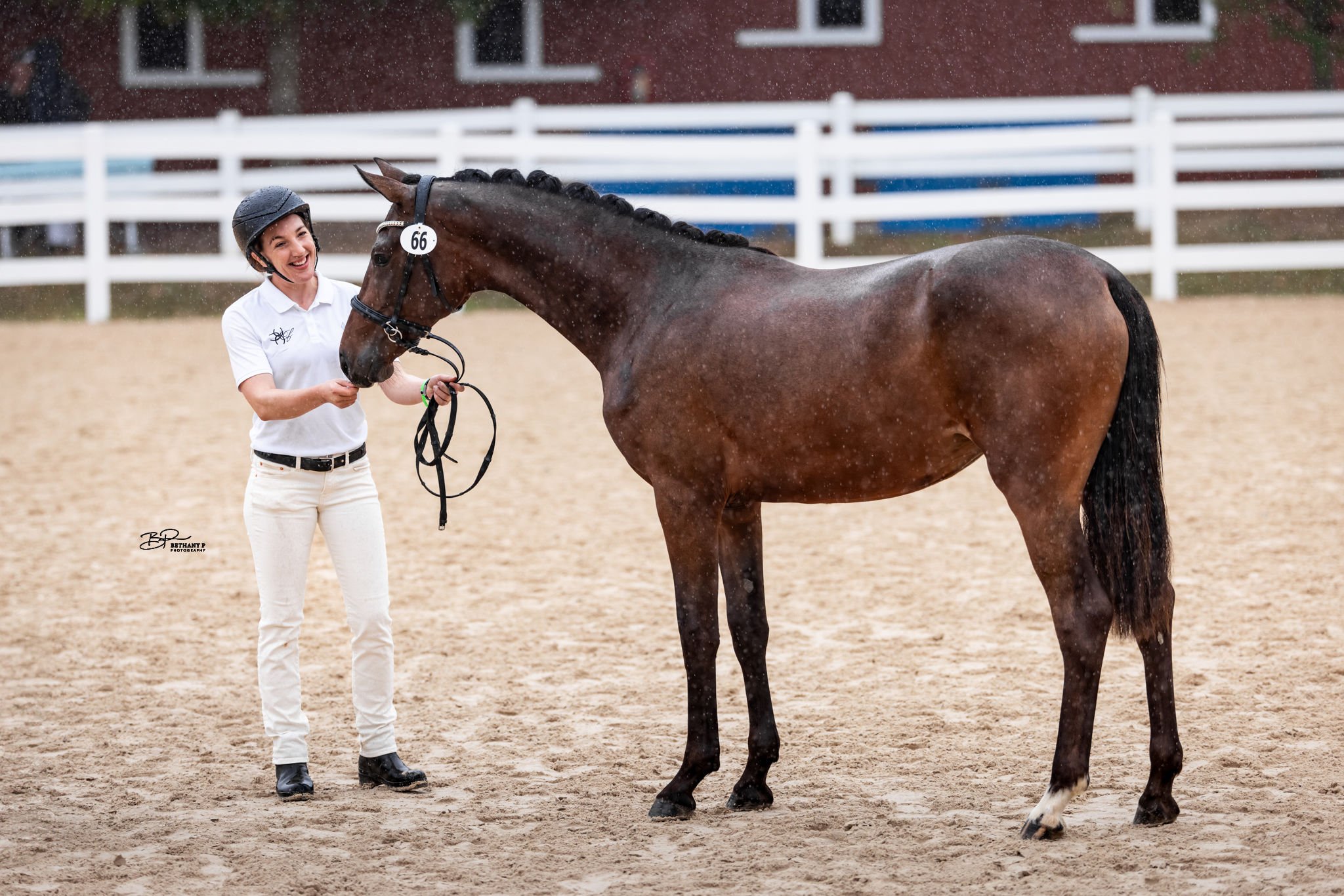
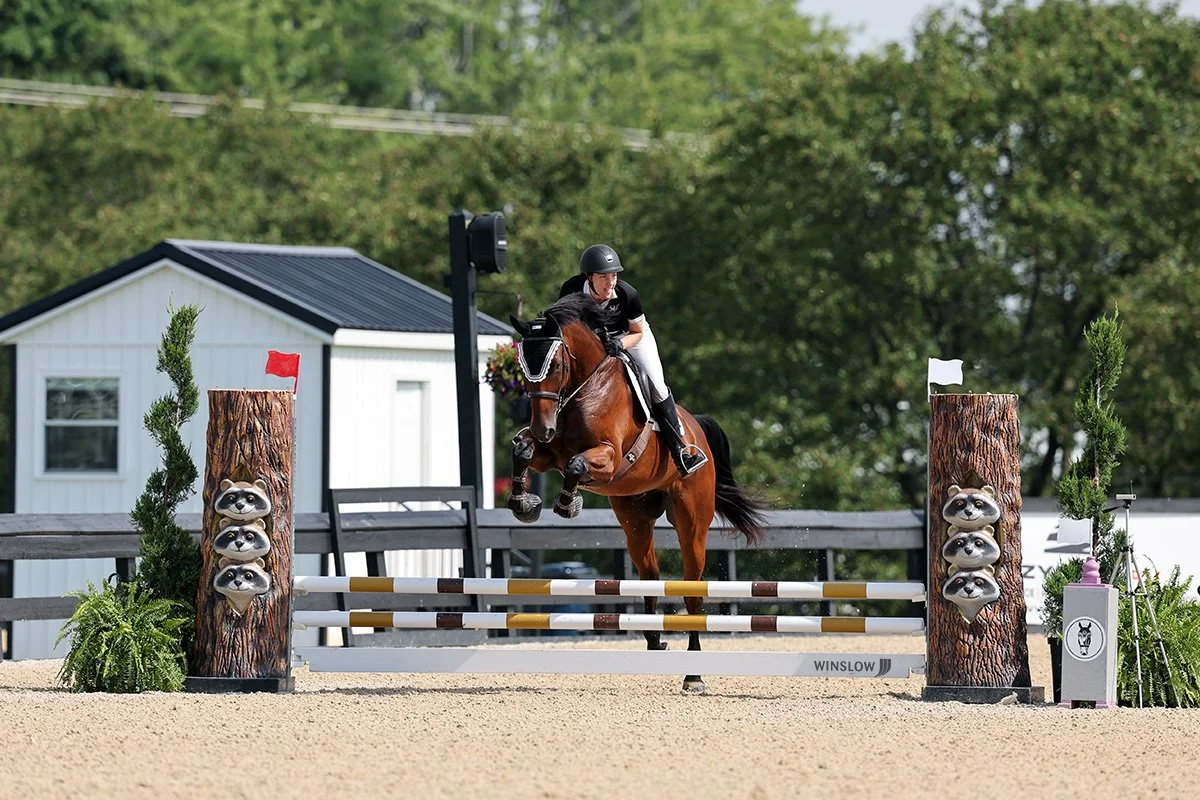
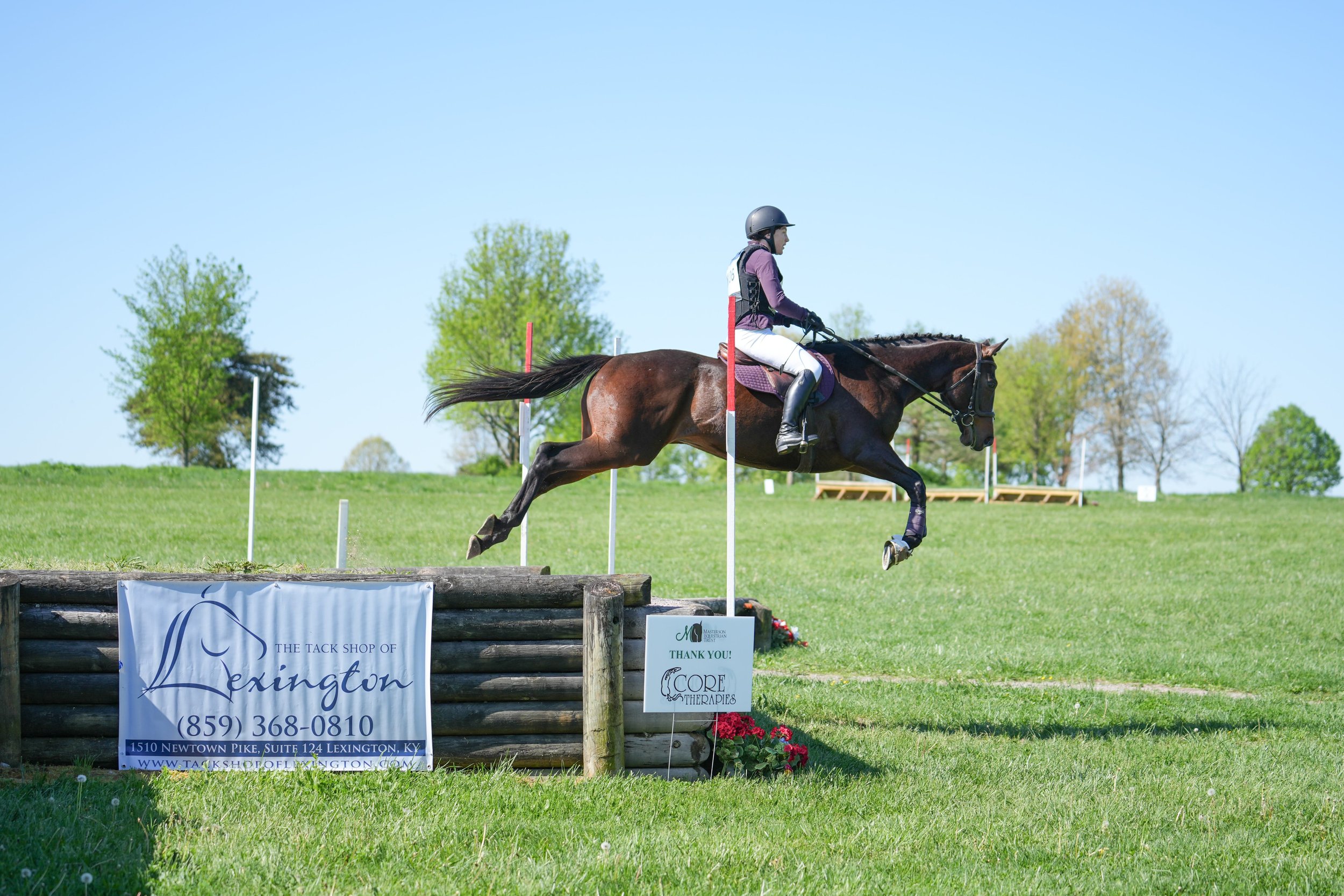
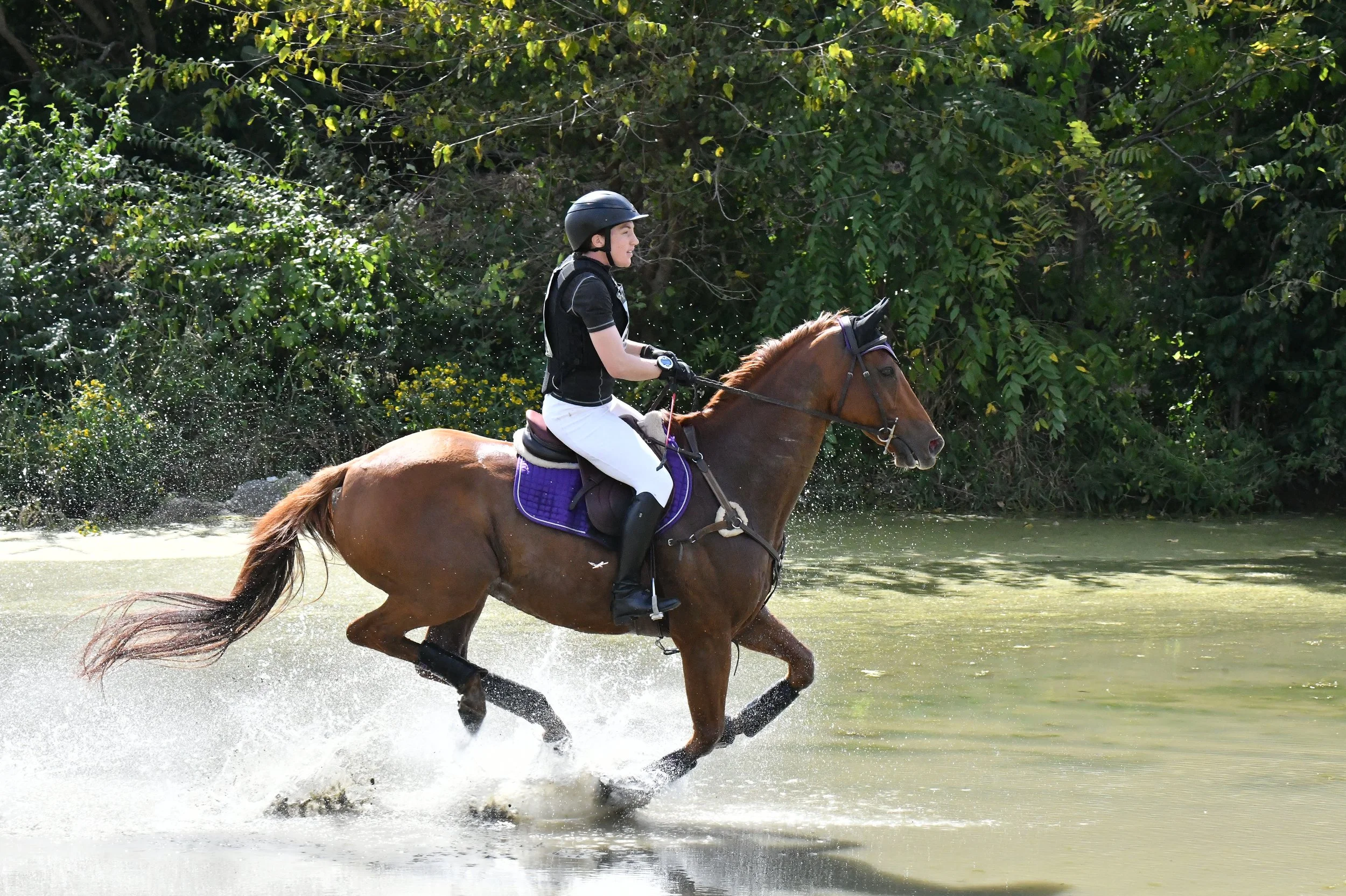
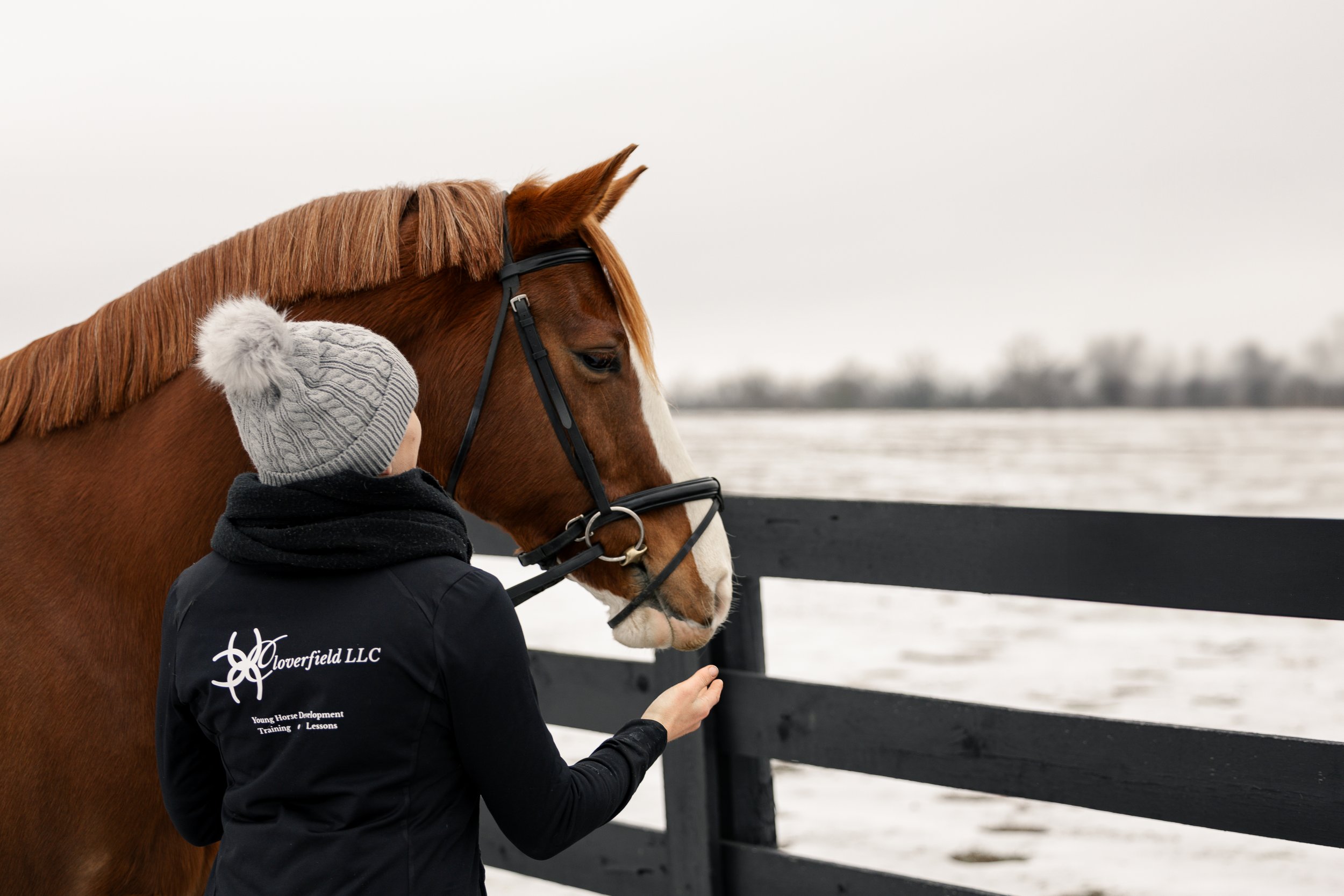
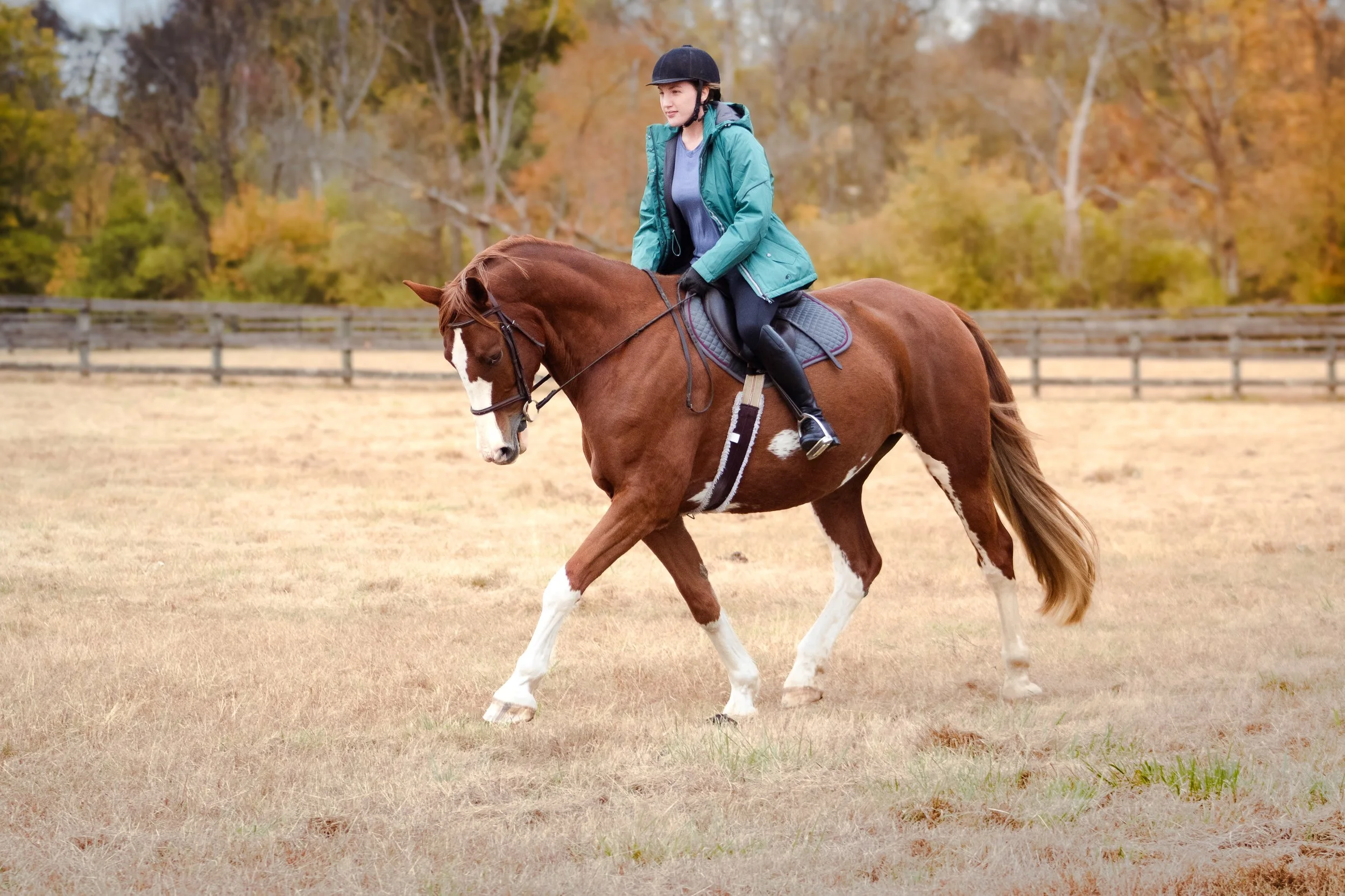

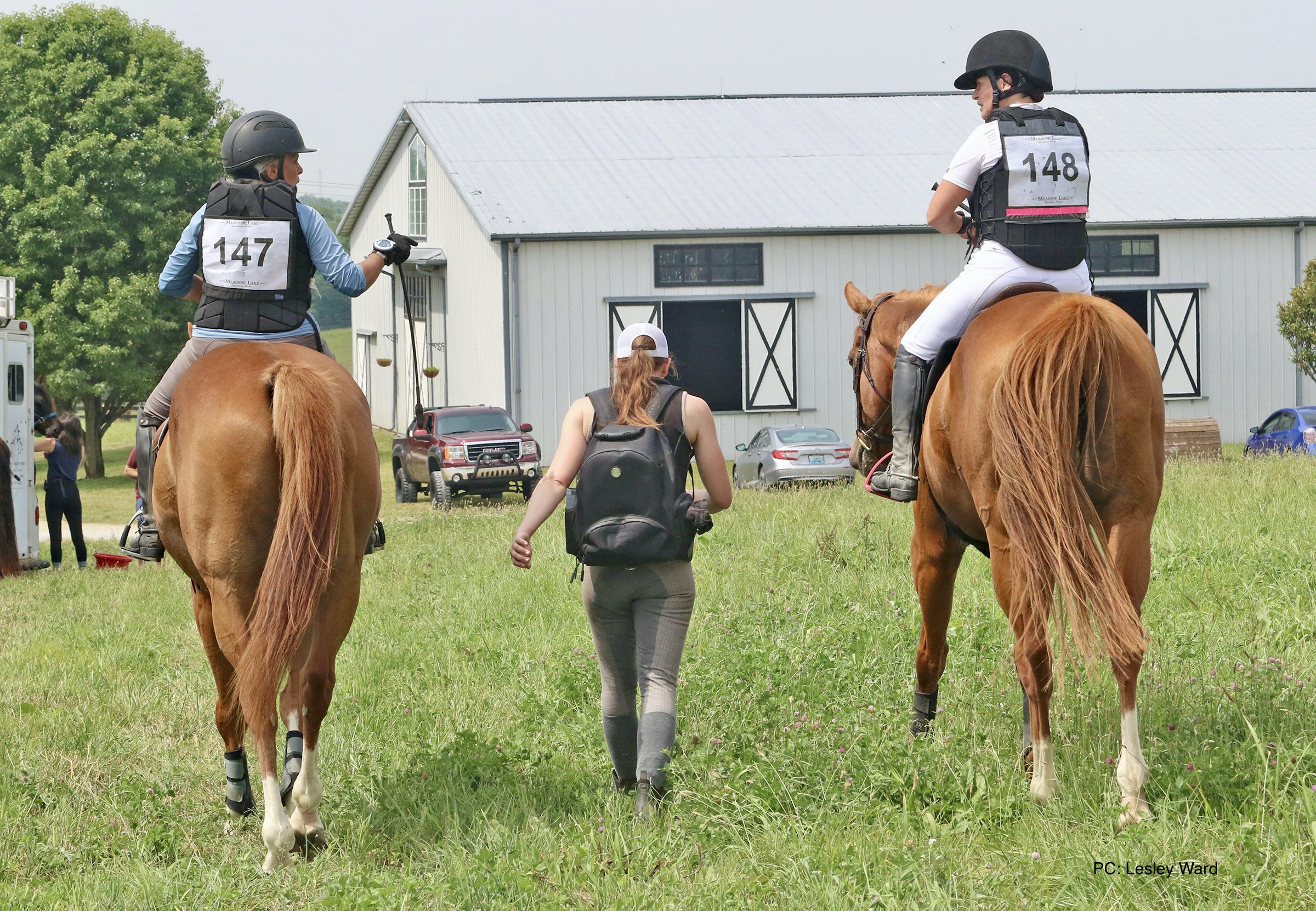

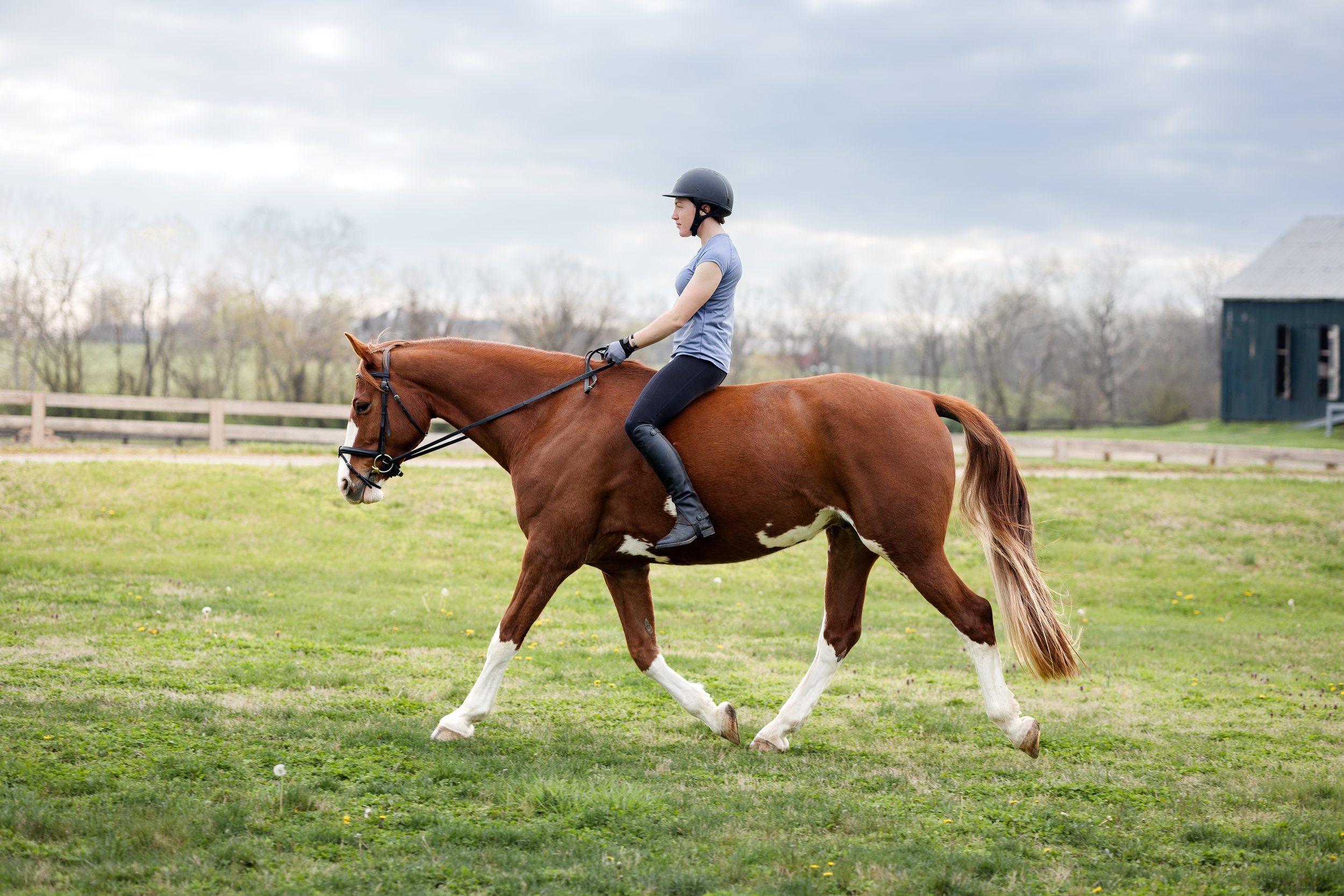

Featured Articles
Read the featured posts from across each topic
The State of the Industry
Memoirs of a Working Student
There are plenty of blogs and articles about being a working student, and they span the whole spectrum. There are the wonderful “my life is perfect and I get to ride all these pretty ponies and learn from the best of the best”, then there are the “I am trapped in a living horse-hell as a slave and I hate my life and everyone else too”. The truth, at least for me, encompassed a little of both.
The Young Horse Diaries
I handle everything from foals to 5-year-old stallions at inspections, keurings, shows and jump chutes. For many of these babies, it is their first time off the farm, first time away from their buddies, and their first show. Some owners can be nervous handing me their young horse, and others are just grateful to have someone else hold on to their fire-breathing dragon.
“To be ethical in this industry, you must love. You must recognize that you are able to eat because these animals exist, that you can support your loved ones, and that you can fulfill your own needs, all because they exist. If that doesn’t offer a reason to be kind, gentle, attentive, and most of all caring, then I do not know what does. Paychecks cannot get you out of bed every morning with a smile. You don’t hear thunder in the middle of the night and worry about the horses because you are paid to. What makes you do this job well, what makes you viable in this industry, is your love. Love for these beings who sustain you, who carry you, who give you a place, a purpose, a people.”
— Victoria Lee Lustig
On one hand, these creatures give us a sense of peace and belonging and we will do crazy, stupid things to continue that. On the other hand, as soon as we go to buy a horse, all of that flies out the window. We switch gears and act like we are buying a used car, not a living creature. And it is the difference between those perspectives that is driving me crazy.